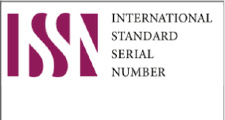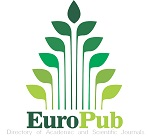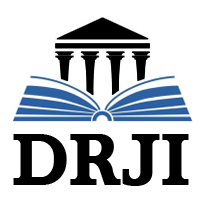The role of halal certification in international trade The case of Pakistan
Abstract
The word ‘Halal’ is an Arabic word which means “allowable, permitted, and lawful”, derives from the Holy Book (The Qur’an), in which the term, “Halal”, and comes from “Halal and Toyyiban”. In terms of food, “it means food which is permitted according to Islamic Law.The primary task of this study is to analyze the importance and impact of the Halal Certification (HC) regulations in the field of international and national trade law. The study primarily shows how the issue of Halal Certification (HC) has become an area of international standardization of halal foods. This is done through comparison of most legislative countries on Halal Certification (HC) with Pakistani legislation. The study gives a brief background on the development of Halal Certification (HC) regulations in international scenario, and also provides the present situation of laws on Halal Certification (HC). The use of stamps on Halal foods means that this food is beneficial in ingredient for usage and according to sharia rules. So, the first and initial stage of this Halal food specified as “Hisba Institution” in the period of Holy Prophet (SAW) specified for procurements of Halal foods but its legislation was announced for implementation in Umar’s (R.A) period of ruling. Pakistan has a formal Halal certification issuing body, which is governed by the Pakistan Halal Authority Act, 2015 from which import and export of halal food will be secured by using halal certification. The consequences of this research will have great impact for the whole community in trade and for the food producers within Pakistani boundaries, including those persons have step-in for the purpose of Halal foods regarding the legal nature on it.























